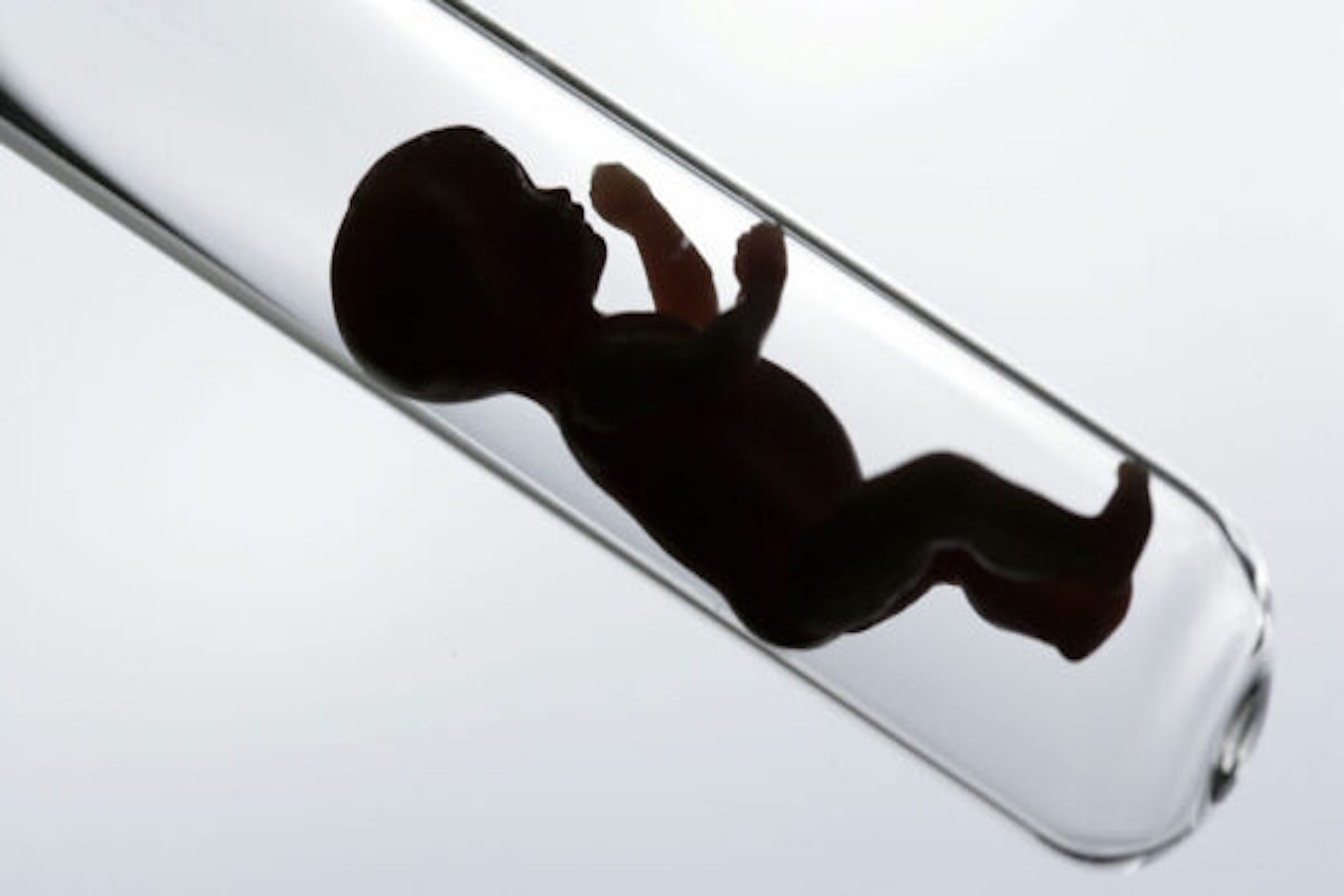Author: Dr. Sulbha Arora, MD, DNB, Clinical Director, Nova IVF Fertility
India
healthysoch
New Delhi, December 05, 2023;
 Living in the 21st century is like embarking on an adrenaline-fueled stress marathon. From the get-go, life hands us a ticket to a never-ending rollercoaster of setting and conquering goals. It’s a cycle where one triumph is merely a steppingstone to the next challenge, leaving us gasping for breath in the whirlwind of our own ambitions. Amid this restless race for milestones, we often forget to give a nod to the unsung heroes—the body and mind—that power our existence.
Living in the 21st century is like embarking on an adrenaline-fueled stress marathon. From the get-go, life hands us a ticket to a never-ending rollercoaster of setting and conquering goals. It’s a cycle where one triumph is merely a steppingstone to the next challenge, leaving us gasping for breath in the whirlwind of our own ambitions. Amid this restless race for milestones, we often forget to give a nod to the unsung heroes—the body and mind—that power our existence.
The simplicity and routine of our ancestors’ lives, without the complexities we face today, were remarkably stress-free. However, the current pace of life leaves little room for self-care, impacting both our physical and mental well-being. Our health, a neglected casualty, has a cascading effect on various aspects of our lives, including our intimate relationships.
A significant casualty of stress is our sexual health, creating a ripple effect on the connections between individuals. Our bodies, finely tuned instruments, react intensely to stress, often manifesting themselves in adverse ways. Recent studies have uncovered a correlation between the daily stress levels of women and diminished fertility. High levels of alpha-amylase, an enzyme indicative of stress, have been associated with a 29% longer time to conceive.
The Stress-Fertility Connection
Studies have revealed that heightened stress levels, particularly in women, can significantly impact fertility. The intricate interplay of hormones influenced by stress can disrupt the delicate balance required for successful conception. The relationship between stress and fertility is complex and can impact both men and women.
Depression, Anxiety, and Infertility:
The mental health landscape also plays an impactful role in fertility. Individuals with a history of depression are found to be twice as likely to experience infertility, underscoring the profound connection between emotional well-being and reproductive health. Anxiety, a close companion of stress, further complicates matters by prolonging the time needed to achieve pregnancy.
Impact on Sperm Quality
It’s not just women who are affected; stress can also impact male fertility. Chronic stress has been linked to changes in sperm quality and quantity. Stress-induced hormonal changes may contribute to a decrease in sperm production and motility, reducing the chances of successful fertilization.
Impact on Egg Quality:
Stress may affect the quality of a woman’s eggs. High stress levels have been associated with oxidative stress, which can contribute to DNA damage in eggs. Damaged eggs may have reduced viability, affecting the likelihood of successful fertilization and healthy embryo development.
While periodic stress is a shared human experience, enduring prolonged stress, such as unemployment or bereavement, can disrupt the delicate balance of ovulation. Notably, research suggests that women with a history of depression are twice as likely to face infertility, and anxiety can extend the time required to achieve pregnancy. Furthermore, stress has been linked to diminished outcomes in infertility treatments.
Acknowledging that everyone encounters stress, it becomes crucial to manage its impact, especially for those looking to conceive. Short-term stressors, like work-related pressures or momentary anxieties, are unlikely to significantly affect fertility. However, persistent stress or major life upheavals can disrupt the intricacies of ovulation.
healthysoch







